
The Aeneid
'The Aeneid' Summary
Book 1: Storm and refuge
Also in the manner of Homer, the story proper begins in medias res (into the middle of things), with the Trojan fleet in the eastern Mediterranean, heading in the direction of Italy. The fleet, led by Aeneas, is on a voyage to find a second home. It has been foretold that in Italy he will give rise to a race both noble and courageous, a race which will become known to all nations. Juno is wrathful, because she had not been chosen in the judgment of Paris, and because her favorite city, Carthage, will be destroyed by Aeneas's descendants. Also, Ganymede, a Trojan prince, was chosen to be the cupbearer to her husband, Jupiter—replacing Juno's daughter, Hebe. Juno proceeds to Aeolus, King of the Winds, and asks that he release the winds to stir up a storm in exchange for a bribe (Deiopea, the loveliest of all her sea nymphs, as a wife). Aeolus agrees to carry out Juno's orders (line 77, "My task is / To fulfill your commands"); the storm then devastates the fleet.
Neptune takes notice: although he himself is no friend of the Trojans, he is infuriated by Juno's intrusion into his domain, and stills the winds and calms the waters, after making sure that the winds would not bother the Trojans again, lest they be punished more harshly than they were this time. The fleet takes shelter on the coast of Africa, where Aeneas rouses the spirits of his men, reassuring them that they have been through worse situations before. There, Aeneas's mother, Venus, in the form of a huntress very similar to the goddess Diana, encourages him and recounts to him the history of Carthage. Eventually, Aeneas ventures into the city, and in the temple of Juno he seeks and gains the favor of Dido, queen of the city. The city has only recently been founded by refugees from Tyre and will later become a great imperial rival and enemy to Rome.
Meanwhile, Venus has her own plans. She goes to her son, Aeneas's half-brother Cupid, and tells him to imitate Ascanius (the son of Aeneas and his first wife Creusa). Thus disguised, Cupid goes to Dido and offers the gifts expected from a guest. As Dido cradles the boy during a banquet given in honour of the Trojans, Cupid secretly weakens her sworn fidelity to the soul of her late husband Sychaeus, who was murdered by her brother Pygmalion back in Tyre, by inciting fresh love for Aeneas.
Book 2: Trojan Horse and sack of Troy
In books 2 and 3, Aeneas recounts to Dido the events that occasioned the Trojans' arrival. He begins the tale shortly after the war described in the Iliad. Cunning Ulysses devised a way for Greek warriors to gain entry into the walled city of Troy by hiding in a large wooden horse. The Greeks pretended to sail away, leaving a warrior, Sinon, to mislead the Trojans into believing that the horse was an offering and that if it were taken into the city, the Trojans would be able to conquer Greece. The Trojan priest Laocoön saw through the Greek plot and urged the horse's destruction, but his protests fell on deaf ears, so he hurled his spear at the horse. Then, in what would be seen by the Trojans as punishment from the gods, two serpents emerged from the sea and devoured Laocoön, along with his two sons. The Trojans then took the horse inside the fortified walls, and after nightfall the armed Greeks emerged from it, opening the city's gates to allow the returned Greek army to slaughter the Trojans.
In a dream, Hector, the fallen Trojan prince, advised Aeneas to flee with his family. Aeneas awoke and saw with horror what was happening to his beloved city. At first he tried to fight the enemy, but soon he lost his comrades and was left alone to fend off the Greeks. He witnessed the murder of Priam by Achilles' son Pyrrhus. His mother, Venus, appeared to him and led him back to his house. Aeneas tells of his escape with his son, Ascanius, his wife Creusa, and his father, Anchises, after the occurrence of various omens (Ascanius' head catching fire without his being harmed, a clap of thunder and a shooting star). At the city gates, they notice they lost Creusa, and Aeneas goes back into the city to look for her. He only encounters her ghost, who tells him that his destiny is to reach Hesperia, where kingship and a royal spouse await him.
Book Details
Authors
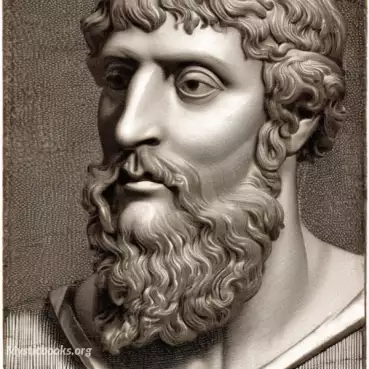
Publius Vergilius Maro, also known as Virgil, was a Roman poet who lived from 70 to 19 BCE. He is considered one of the greatest poets in Latin literature and is best known for his epic poem the "Aene...
Books by Publius Vergilius MaroDownload eBooks
Listen/Download Audiobook
- Select Speed
Related books
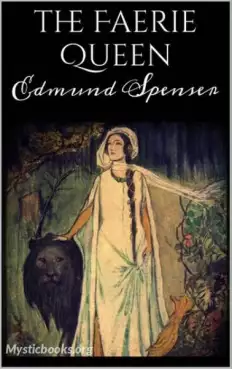
The Faerie Queene, Book 1 by Edmund Spenser
The Faerie Queene is an English epic poem by Edmund Spenser. Books I–III were first published in 1590, then republished in 1596 together with books IV...

Les Miserables, Volume 5 by Victor Hugo
Les Misérables is a French historical novel by Victor Hugo, first published in 1862, that is considered one of the greatest novels of the 19th century...

Granada, Poema Oriental, Tomo 1 by José Zorrilla y Moral
This captivating book presents a legendary tale that weaves together the destinies of a king and his nation, guided by divine intervention. The story...
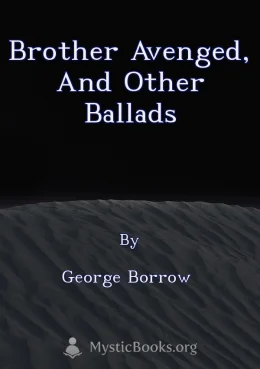
Brother Avenged, and Other Ballads by George Borrow
“Brother Avenged, and Other Ballads” is a collection of ten narrative poems by George Borrow. These poems transport readers to a medieval world, where...

Voyage to Vinland by James Russell Lowell
“The Voyage to Vinland” is a portion of James Russell Lowell’s longer poem, “The Vision of Sir Launfal.” This excerpt focuses on the story of Gudrida,...

Cautiva by Esteban Echeverría
La Cautiva, un poema narrativo épico de Esteban Echeverría, es una obra clave del Romanticismo argentino. Narra la historia de Brián, un soldado captu...
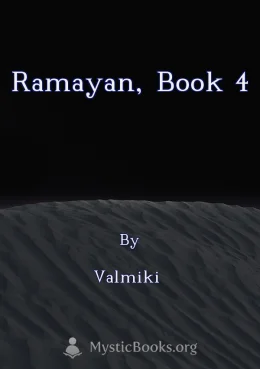
Ramayan, Book 4 by Valmiki
The Ramayana is an ancient Sanskrit epic attributed to the sage Valmiki and forms a core part of the Hindu canon. This epic narrates the journey of Ra...

Jerusalem: The Emanation of the Giant Albion by William Blake
Jerusalem, subtitled The Emanation of the Giant Albion (1804–1820, with additions made even later), is the last, longest and greatest in scope of the...
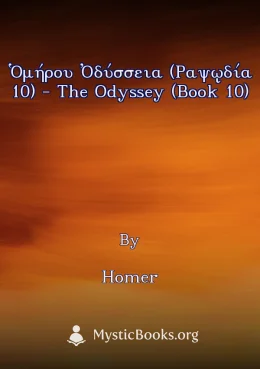
Ὁμήρου Ὀδύσσεια (Ραψῳδία 10) - The Odyssey (Book 10) by Homer
This book presents the tenth book of Homer's Odyssey, narrated in ancient Greek. It follows Odysseus' perilous journey home after the Trojan War, focu...
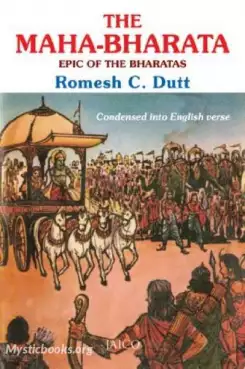
The Epic Of The Bharatas Mahabharata Romesh Chunder Dutt by Vyasa
The Mahābhārata is one of the two major Sanskrit epics of ancient India, the other being the Rāmāyaṇa. It narrates the struggle between two groups of...
Reviews for The Aeneid
No reviews posted or approved, yet...